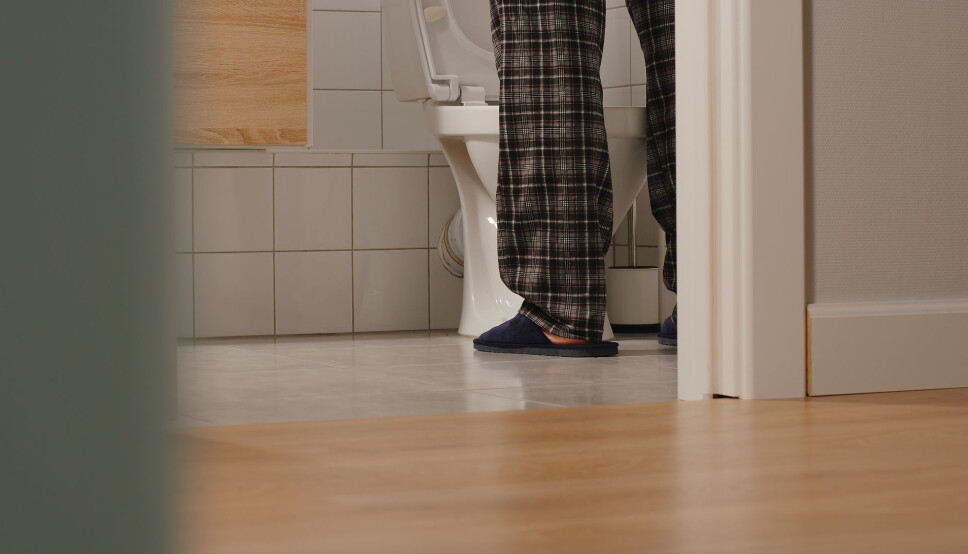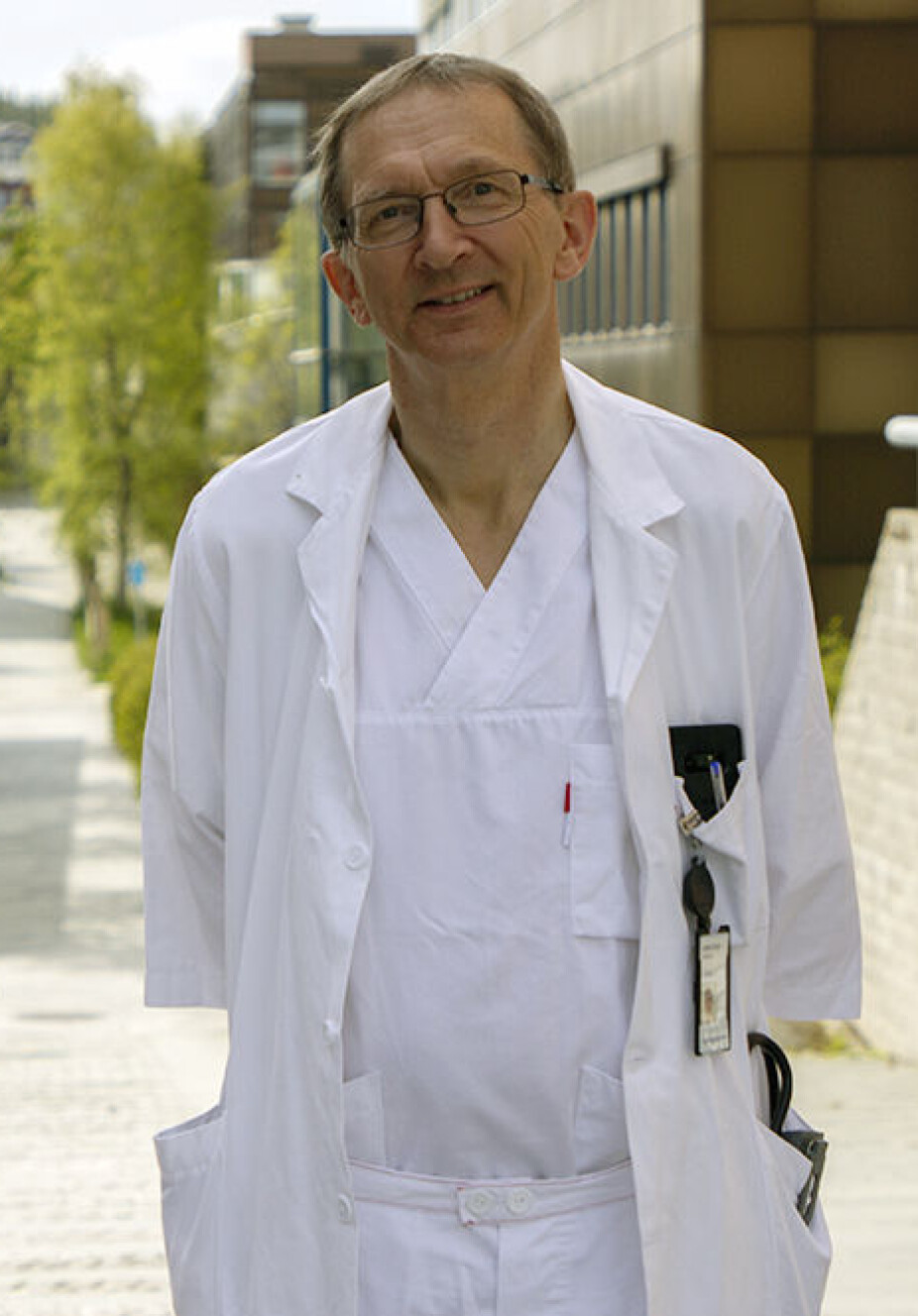This article is produced and financed by UiT The Arctic University of Norway - read more

Kidneys deteriorate with age, regardless of health
It has long been thought that as long as you are well and healthy, your kidneys retain their function despite ageing. However, recent research has discovered that kidneys age, regardless of whether people are sick or not.
A new study that has been carried out on nearly 3000 people in Norway, Germany, and Iceland, shows that our kidney function deteriorates with age, even if we do not have any other diseases.
Your kidneys carry out a range of important tasks in your body, most importantly getting rid of waste products by making urine. Functioning kidneys means among other things that peeing is easy.
The results from the new study have recently been published in Journal of the American Society of Nephrology (JASN).
Researchers examined the kidney function of one group of people between the age of 50 and 70 , and two groups of people between 70 and 95, to discover how the kidney function develops.
What happens in our kidneys when we age, is the same as with other parts of our body, says Bjørn Odvar Eriksen.
"The kidney function deteriorates, not because we get ill, but as part of aging."
Eriksen is a professor at the Department of Clinical Medicine at UiT and leader of the Metabolic and Renal Research Group.

Variation in how quickly the kidney function deteriorates
«Loss of kidney function is something that happens to all humans,» says Eriksen, who is the lead researcher behind the study.
So why is it surprising then, that kidneys age despite people being in good health?
"What is surprising is that this happens independently of disease and other established risk factors for kidney- and cardiovascular diseases", says Eriksen, and continues:
"Some earlier studies have suggested that some people age with well preserved kidney functions, but they have used rather poor methods for assessing this."
Obviously, as we age, our entire bodies age. However, it has been thought that the kidneys retain their function as long as people are in good health.
"The belief has been that most of the ageing of kidneys can be explained by bad health. But this turns out not to be the case", says Eriksen.
The good news is that even though kidneys do age regardless of health - the process is slower if you are in good health.
"So there is still variation as to how quickly the kidneys deteriorate", says Eriksen.
"We have examined many factors that can play a part as to why some of us experience larger loss of kidney function than others, but we still do not have good answers as to why this variation occurs" he says.
Unique study on normal population
According to the professor, nobody has previously used exact measurements of kidney function in studies of such large populations.
One of the groups that has participated in the study consists of over 1600 people and stems from The Tromsø Study, which is Norway’s most comprehensive and population study with the greatest participation throughout 40 years.
This group has been through the different examinations three times; between 2007 to 2009, 2013 to 2015, and 2018 to 2020. The last iteration of the study is still ongoing at Forskingsposten at The University Hospital of North Norway (UNN) and is lead by Associate Professor Toralf Melsom.
"No other study has done these kinds of examinations on a part of the normal population. That is why this study is so unique," Eriksen says.
Loss of kidney function after disease
The researchers use a precise method of measuring kidney function. They inject a substance into the blood veins that only separates into the kidneys, and let a few hours pass before they measure how mAuch of the substance remains in the blood. This gives a measure of the kidney’s ability to remove toxins and waste products.
Eriksen explains that more people may experience loss of kidney function as it becomes more common to survive diseases like cancer and heart and vascular diseases.
"For those who experience loss of kidney function at a high age, this is a considerable burden. That is why this is an area that needs further research to find more answers. We are still looking for the fountain of youth", Eriksen says.
Translated by: August Hansen
———


































